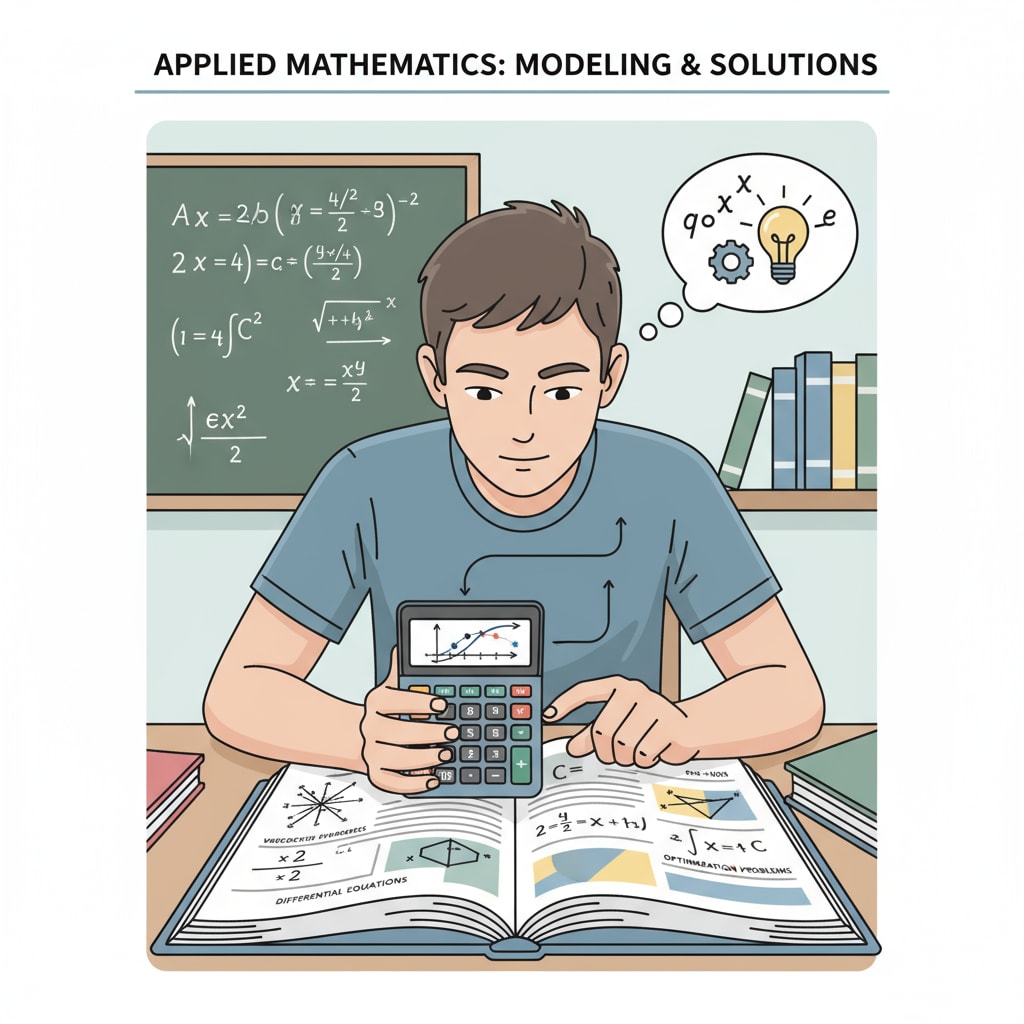In the realm of mathematics education, the practicality of advanced math has long been a topic of intense debate. Many students and parents question the necessity of learning complex mathematical concepts that seemingly have no direct application in daily life. However, a deeper exploration reveals that advanced math in K12 education holds far more significance than meets the eye.

The Controversy Surrounding Advanced Math Practicality
One of the main sources of the controversy is the perception that advanced math, such as calculus and trigonometry, has limited real-world use. For example, in an average person’s daily routine, tasks like grocery shopping or budgeting rarely require advanced mathematical operations. As a result, many wonder why these subjects are a staple in K12 curricula. This view has led to calls for a more practical approach to mathematics education, focusing primarily on skills that are directly applicable in day-to-day life.
The Hidden Value of Advanced Math in Education
Despite the practicality concerns, advanced math offers invaluable benefits to students. Firstly, it enhances critical thinking and problem-solving abilities. Take calculus, for instance. Working through calculus problems requires students to break down complex issues into smaller, manageable parts and then find solutions. This process sharpens their logical reasoning skills, which are not only useful in math but also in various other aspects of life. Secondly, advanced math fosters creativity. When dealing with abstract mathematical concepts, students are often encouraged to think outside the box and come up with innovative solutions. This creativity can be transferred to other fields, such as art, science, and engineering.

Moreover, advanced math provides a foundation for many high-demand careers. Fields like engineering, computer science, and data analytics rely heavily on advanced mathematical concepts. By learning advanced math in K12, students open the door to a wider range of future career opportunities. According to Britannica, a solid mathematical background is essential for success in these technological and scientific disciplines.
In addition, advanced math helps students develop perseverance and resilience. Mastering complex mathematical concepts is no easy feat; it often involves facing numerous challenges and setbacks. Through this process, students learn to persevere in the face of difficulties, which is a valuable trait in any area of life.
Readability guidance: As we can see, advanced math in K12 education is not just about numbers and equations. It plays a crucial role in shaping students’ cognitive abilities, preparing them for future careers, and instilling important life skills. Therefore, it’s essential to find a balance between practical skills and the cultivation of abstract thinking in mathematics education.


